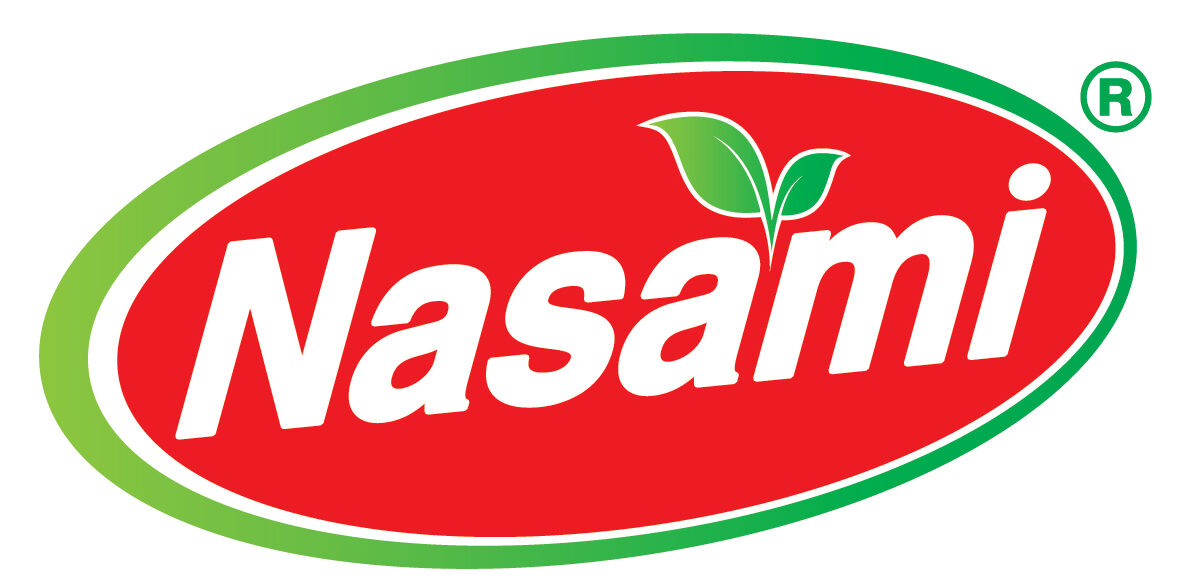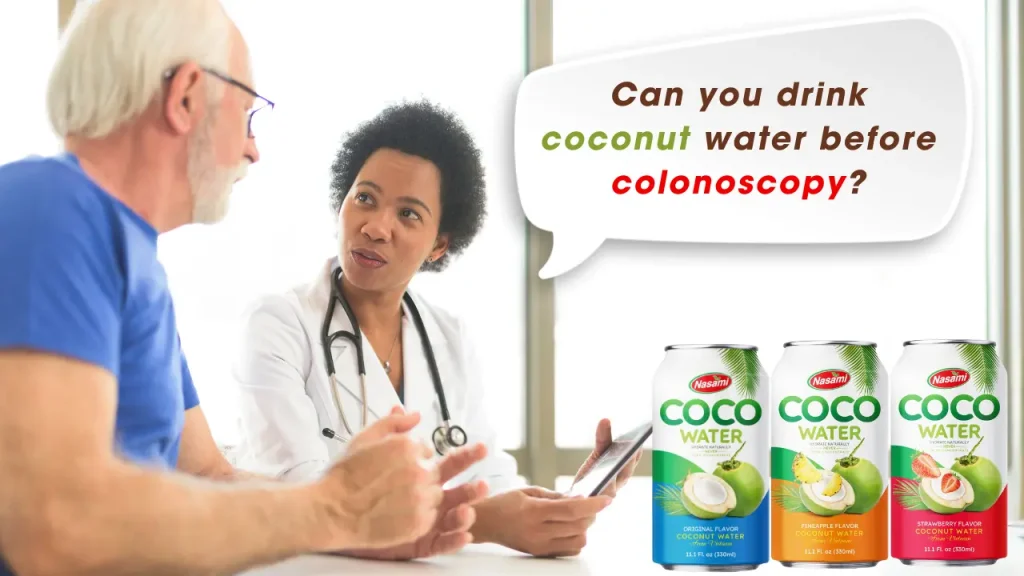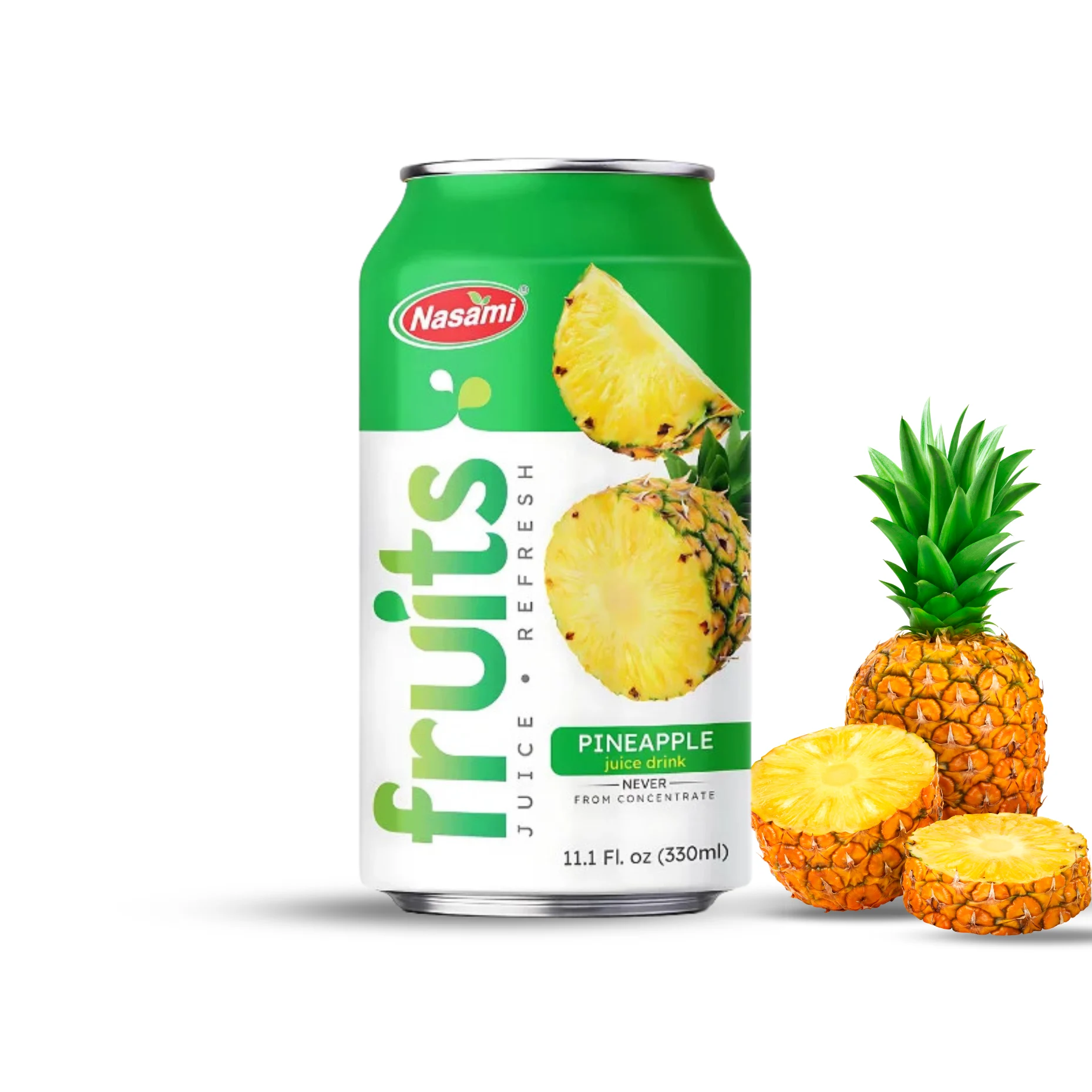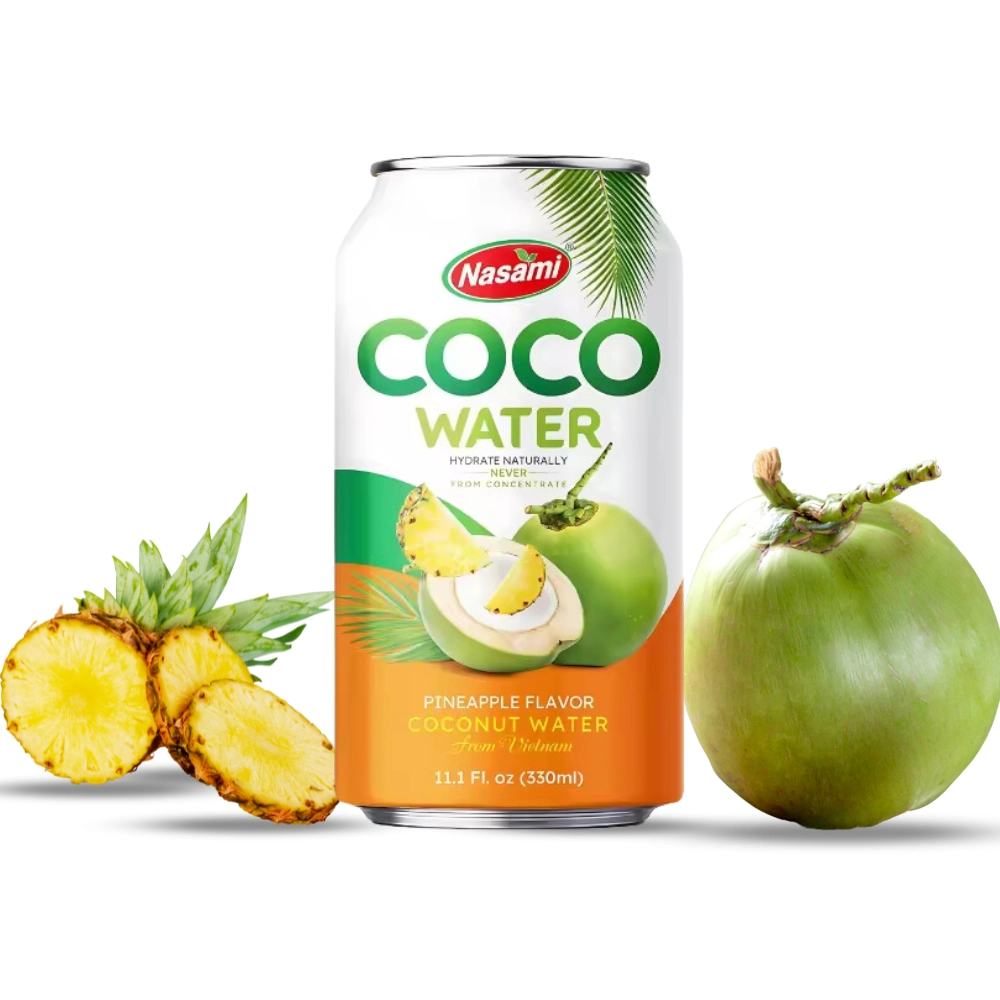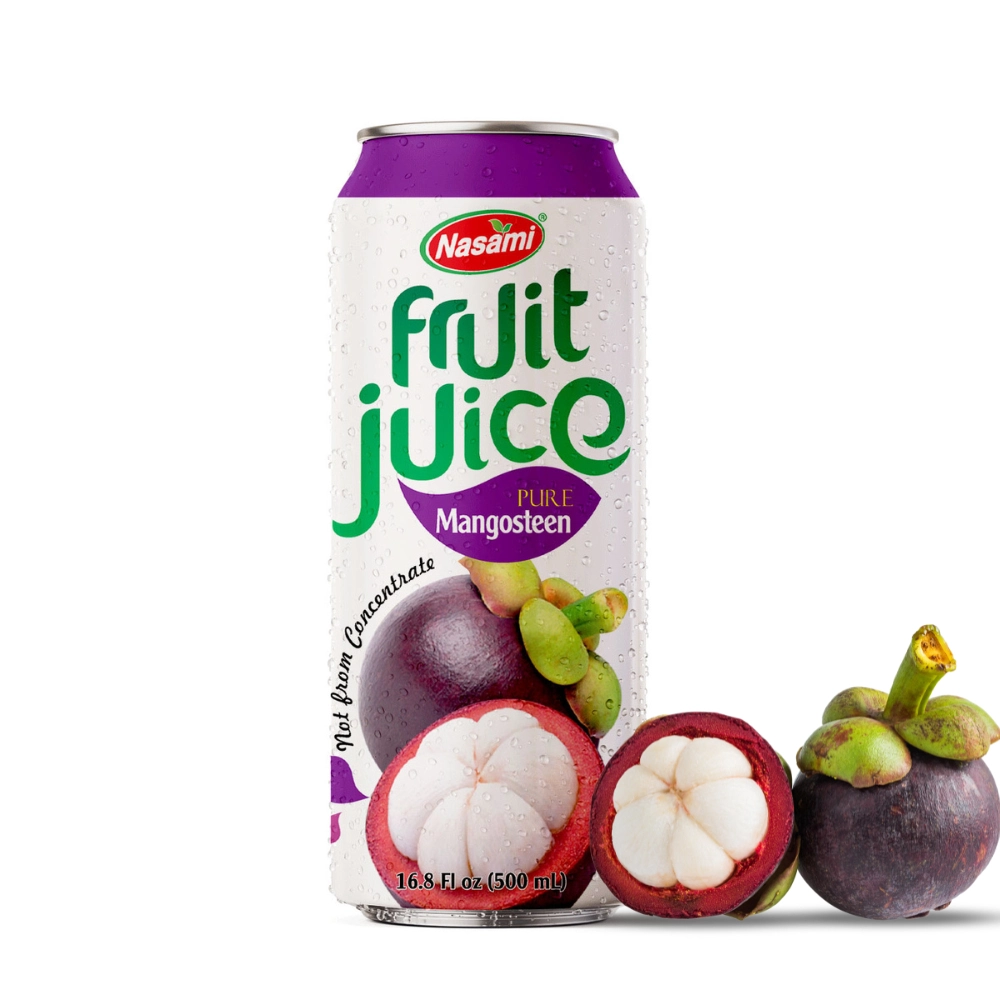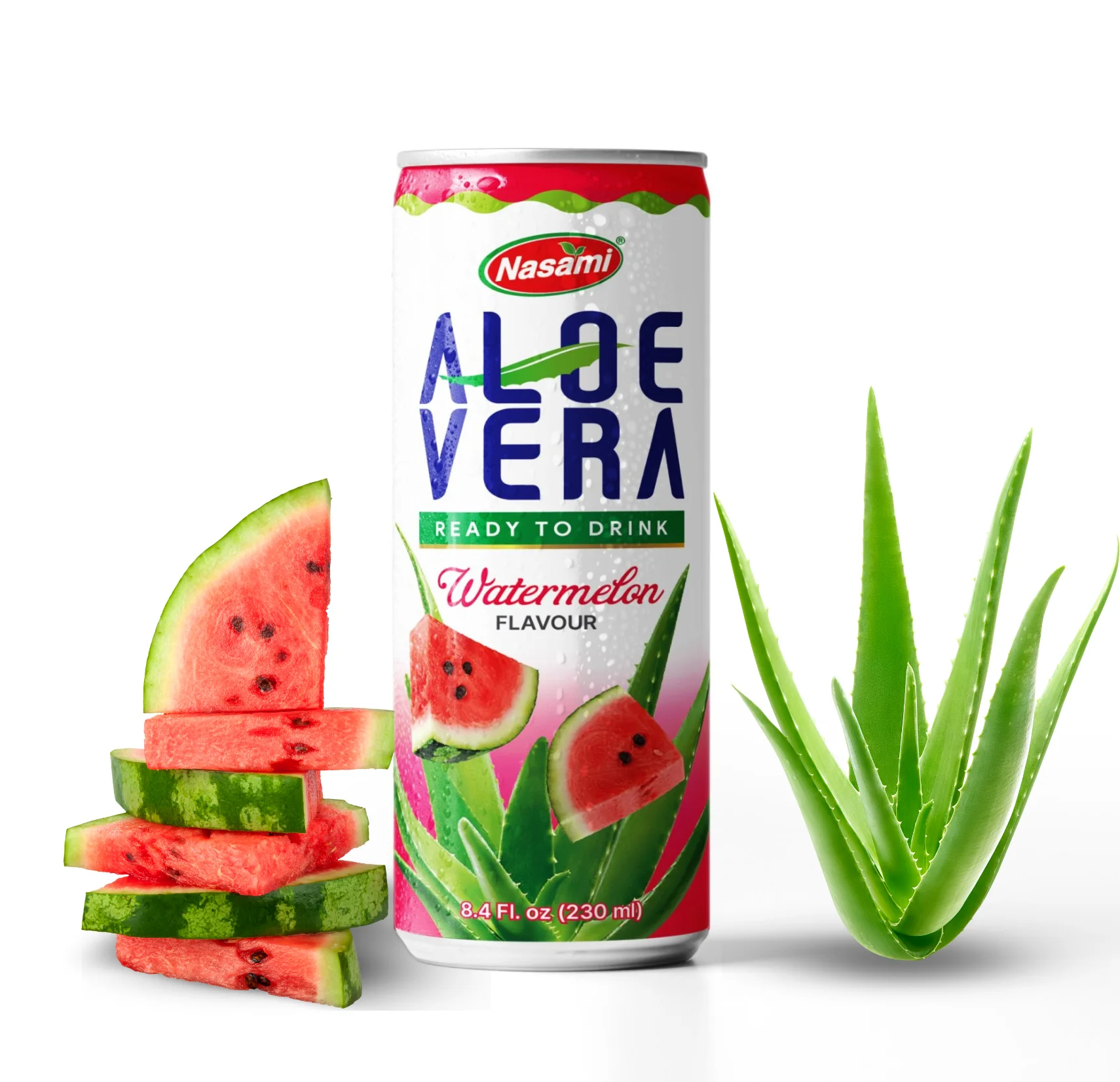Can You Drink Coconut Water Before Colonoscopy?
A colonoscopy is a vital procedure used to detect gastrointestinal issues such as polyps, tumors, and signs of colorectal cancer.
Table of Content
ToggleThis examination allows doctors to visualize the inner lining of the colon and rectum, providing crucial insights into a patient’s digestive health. Given its importance, proper preparation for a colonoscopy is essential to ensure accurate results and a smooth procedure.
Preparation typically involves a range of procedures, with dietary restrictions being one of the most critical aspects. Patients are usually advised to follow a clear liquid diet, which helps to ensure that the colon is empty and clean for the best possible examination. Commonly recommended clear liquids include water, broth, and certain types of juices, while solid foods and even some liquids with colors or pulp are strictly avoided.
Understanding Colonoscopy Preparation
Why It’s Crucial and What to Expect?
Preparing for a colonoscopy is a crucial step in ensuring that the procedure is effective and yields accurate results. This preparation is essential because a clear view of the colon is necessary for detecting abnormalities such as polyps, tumors, or signs of colorectal disease. Proper preparation helps to ensure that the colon is free from residual food, waste, and other substances that could obscure the view.
Why Preparation is Crucial?
The primary goal of colonoscopy preparation is to cleanse the colon so that the endoscopist can have a clear and unobstructed view of the colon’s interior. Any residual matter in the colon can obscure the view, potentially leading to missed diagnoses or the need for additional procedures. A thorough preparation helps to avoid these issues and enhances the overall effectiveness of the colonoscopy.
Typical Preparation Steps
- Fasting: One of the most important steps in colonoscopy preparation is fasting. Patients are usually required to avoid solid foods for at least 24 hours before the procedure. This fasting period helps to ensure that no food particles are left in the digestive tract.
- Dietary Restrictions: In addition to fasting, patients are typically instructed to follow a clear liquid diet in the days leading up to the colonoscopy. Clear liquids include water, broth, and certain types of juices without pulp. These liquids help to keep the body hydrated while also being easily absorbed and eliminated, leaving the colon clearer.
- Laxatives and Cleansing Solutions: To further aid in the cleansing process, patients are often prescribed laxatives or oral cleansing solutions. These medications help to induce bowel movements, clearing out any remaining waste material from the colon.
- Avoiding Certain Foods and Beverages: During the preparation period, it’s important to avoid certain foods and beverages that could interfere with the cleansing process. This typically includes avoiding colored liquids, dairy products, and any foods with high fiber content.
By following these preparation steps diligently, patients can help ensure that their colonoscopy is as effective and efficient as possible.
Always adhere to the specific instructions provided by your healthcare provider, as they may offer tailored advice based on individual health needs and the specifics of the procedure.
General Dietary Restrictions Before a Colonoscopy:
What You Can and Cannot Consume
Preparing for a colonoscopy involves adhering to specific dietary restrictions to ensure that the colon is properly cleansed for a clear and effective examination. Understanding which foods and drinks are allowed or prohibited is crucial for successful preparation and optimal results.
Allowed Foods and Drinks
In the lead-up to a colonoscopy, the primary dietary recommendation is to follow a clear or low-residue diet. This type of diet helps minimize residue in the colon, making it easier for the endoscopist to visualize the colon’s interior.
- Clear Liquids: Typically, clear liquids are encouraged. These include water, clear broth, apple juice, white grape juice, and certain teas. These liquids are easily absorbed and leave minimal residue, which helps keep the colon clean.
- Non-Coloring Liquids: It’s important to choose clear liquids that are not colored, as artificial colors can sometimes leave residues or interfere with the procedure.
Prohibited Foods and Drinks
To ensure a successful colonoscopy, certain foods and drinks must be avoided:
- Solid Foods: All solid foods are generally prohibited in the 24-48 hours before the procedure. This includes fruits, vegetables, meats, and grains.
- Colored and Cloudy Liquids: Liquids with colors, such as orange or red juices, and cloudy beverages like milk or cream-based drinks are not allowed. These can leave residues or stains in the colon, potentially affecting the clarity of the examination.
- High-Fiber Foods: Foods high in fiber, such as whole grains, nuts, seeds, and raw vegetables, should be avoided several days before the procedure. Fiber can leave particles in the colon that make it difficult to view the lining.
- Alcohol: Alcoholic beverages are typically not recommended as they can dehydrate the body and interfere with the effectiveness of the cleansing process.
Emphasis on a Clear or Low-Residue Diet
The goal of these dietary restrictions is to ensure that the colon is as clean as possible. A clear or low-residue diet is designed to reduce the amount of waste material in the digestive tract, making it easier to obtain a clear view during the colonoscopy.
Following these guidelines helps to avoid complications and ensures that any potential issues within the colon are detected accurately.
What is Coconut Water? Exploring Its Definition, Composition, and Nutritional Profile
Coconut water is often lauded as a healthy and hydrating beverage, but understanding its definition, composition, and nutritional profile can help determine whether it is suitable to consume before a colonoscopy.
Definition and Composition
Coconut water is the clear liquid found inside young, green coconuts. It should not be confused with coconut milk, which is made from the flesh of mature coconuts. Coconut water is appreciated for its natural purity and subtle sweetness, making it a popular choice for hydration.
- Source: Coconut water is harvested from the center of young coconuts, which are harvested before they mature and turn into the familiar brown coconuts with fibrous husks. The liquid is collected directly from the coconut and is typically consumed fresh or processed into bottled beverages.
- Natural Properties: The liquid is naturally clear and contains no artificial additives or preservatives, making it a clean and natural option for hydration. Its taste is mild and slightly sweet, which comes from its natural sugars.
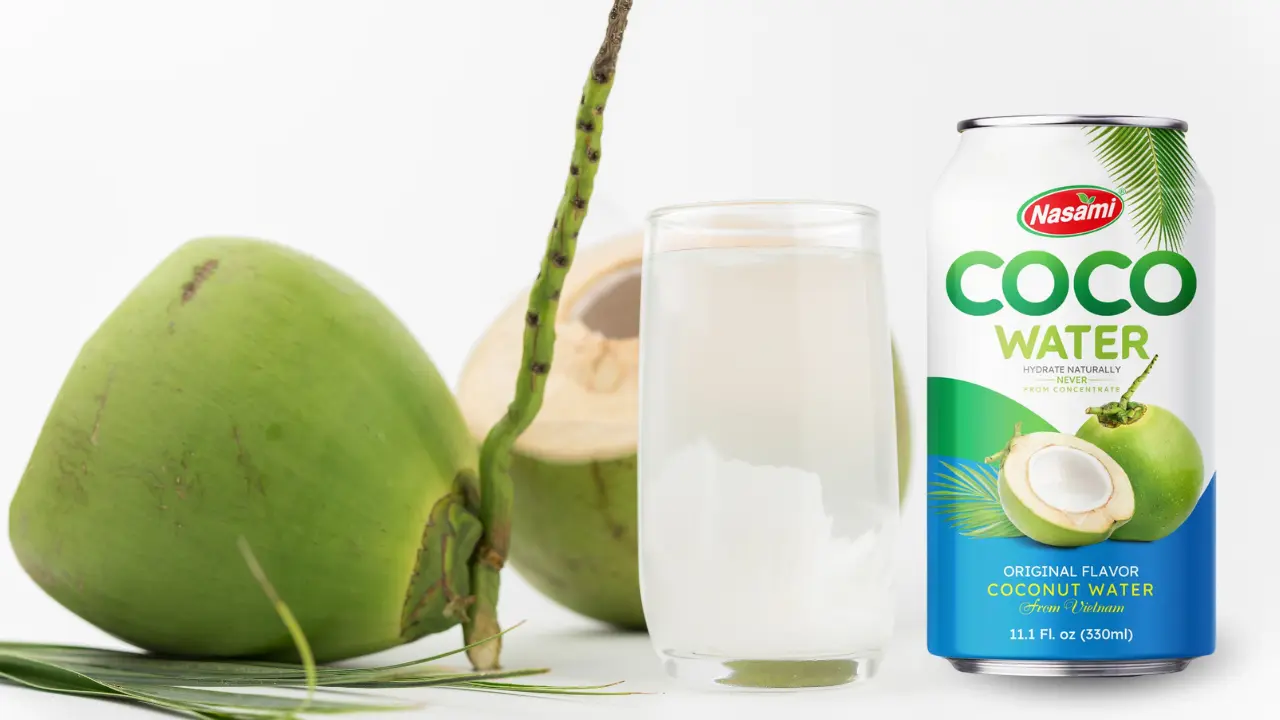
Nutritional Profile
Coconut water is renowned for its nutritional benefits, primarily due to its electrolyte content and low-calorie nature.
Assessment of Whether Coconut Water Qualifies as a Clear Liquid
A clear liquid diet is designed to provide hydration and minimal residue in the digestive tract. Clear liquids include any liquid that is transparent at room temperature, meaning it does not contain any solid particles or opaque substances. Common examples are water, broth, and clear juices.
Coconut water is often praised for its hydrating properties and natural electrolytes. However, it is not as straightforward as it seems when it comes to clear liquids for medical procedures. Despite its clear appearance, coconut water does contain electrolytes, natural sugars, and minerals, which may disqualify it from being classified strictly as a clear liquid.
Medical guidelines typically categorize clear liquids based on their ability to leave no residue in the gastrointestinal tract. While coconut water is clear and liquid, its composition can potentially leave behind residual particles or affect the clarity of the colonoscope’s view. As a result, many medical professionals recommend sticking to more traditional clear liquids, like water or broth, to avoid any potential complications.
Comparison with Other Clear Liquids Allowed Before a Colonoscopy
To better understand where coconut water stands, let’s compare it with other clear liquids that are commonly allowed before a colonoscopy:
- Water: The most basic and universally accepted clear liquid. It leaves no residue and ensures proper hydration.
- Broth (beef, chicken, or vegetable): Clear broths provide essential salts and can be an alternative to plain water. They are typically allowed due to their clear, low-residue nature.
- Clear Juices (apple or white grape): These juices are permissible because they do not contain pulp or sediment, which could interfere with the colonoscopy.
- Tea and Coffee (without milk or cream): Both can be consumed as long as they are served black, without any added dairy or cream.
In contrast, coconut water, while clear, has a more complex composition, including natural sugars and electrolytes. These elements can sometimes be problematic for ensuring a completely clear digestive tract. As a result, coconut water is generally not recommended as a clear liquid option for colonoscopy preparation.
Insights from Medical Experts or Guidelines Regarding Coconut Water
Medical professionals and official guidelines from gastroenterology associations typically advise against using coconut water for colonoscopy preparation. According to these guidelines, sticking to the recommended clear liquids helps ensure that the colon is properly cleansed and that the colonoscope can have a clear view of the colon lining.
Dr. John Smith, a gastroenterologist at the Digestive Health Center, explains, “While coconut water is a healthy option in general, it doesn’t fit within the clear liquid diet requirements for colonoscopy preparation. The goal is to minimize any potential interference with the procedure, and traditional clear liquids are specifically chosen for this purpose.”
The American Society for Gastrointestinal Endoscopy (ASGE) and similar organizations also emphasize that adhering strictly to the clear liquid guidelines is crucial for the accuracy of the colonoscopy results. Deviating from these guidelines, even with seemingly harmless options like coconut water, can impact the effectiveness of the procedure.
Potential Concerns with Coconut Water
Nutritional Content
Coconut water is celebrated for its high electrolyte content, including potassium and sodium, which are beneficial for hydration. However, this very nutritional profile can be problematic when preparing for a colonoscopy. The electrolytes and natural sugars present in coconut water can potentially interfere with the procedure.
- Electrolytes: The electrolytes in coconut water can sometimes leave residue in the gastrointestinal tract or alter the bowel’s natural balance. This could potentially affect the colonoscope’s ability to provide a clear view of the colon lining.
- Sugars: Coconut water contains natural sugars, which, although not excessive, could contribute to residue in the digestive tract. This is particularly concerning because clear liquid diets are designed to minimize residue to ensure the most accurate results during the procedure.
Consideration of Individual Medical Advice

Medical advice for colonoscopy preparation can vary depending on individual health conditions and the specific protocols followed by different medical practices. While some people may experience no issues consuming coconut water, it is essential to follow the advice of healthcare providers who understand your specific needs and the requirements of the procedure.
- Individual Health Conditions: For individuals with specific health conditions or those undergoing a modified preparation protocol, coconut water might be considered under certain circumstances. Always consult with your healthcare provider to determine what is best for your particular situation.
- Variations in Preparation Protocols: Different healthcare facilities or doctors might have slightly varying guidelines for preparation. It’s crucial to adhere to the specific instructions provided by your medical team, even if that means avoiding certain liquids that seem harmless.
Risks Associated with Deviating from Prescribed Clear Liquid Guidelines
Deviating from the prescribed clear liquid guidelines can pose several risks, including:
- Inadequate Bowel Cleansing: Consuming liquids that do not meet the clear liquid criteria can result in inadequate bowel cleansing. This may lead to a less effective colonoscopy and potentially necessitate a repeat procedure if the colon is not sufficiently clear.
- Compromised Procedure Accuracy: Any residue or particles left in the colon can obscure the view of the colonoscope, making it challenging for the doctor to detect abnormalities or issues. This compromises the accuracy of the examination and could affect diagnosis and treatment.
- Increased Discomfort: Following the preparation guidelines strictly can help reduce discomfort during and after the procedure. Deviating from these guidelines might result in a less comfortable experience and increased risk of complications.
Expert Opinions and Recommendations
Insights from Gastroenterologists or Healthcare Professionals
Gastroenterologists and healthcare professionals provide critical guidance on diet and preparation for colonoscopies. Their insights highlight why sticking to established clear liquid guidelines is essential.
- Dr. Emily Carter, Gastroenterologist at the Digestive Health Clinic: Dr. Carter emphasizes the importance of following clear liquid diet protocols for a successful colonoscopy. “Coconut water, although it appears clear, contains electrolytes and natural sugars that can potentially leave residue in the digestive tract. This residue can interfere with the procedure, making it harder to obtain a clear view of the colon. To avoid complications, I advise sticking to clear liquids like water, broth, and certain clear juices.”
- Dr. Michael Johnson, Director of Gastroenterology at City Medical Center: Dr. Johnson echoes similar concerns. “Coconut water is often considered healthy, but its nutritional content does not align with the clear liquid requirements needed for optimal colonoscopy preparation. The goal is to ensure that the colon is as clear as possible, and adhering to the recommended clear liquids is crucial for achieving this.”
Recommendations from Reputable Medical Sources or Institutions
Reputable medical sources and institutions provide guidelines to ensure the effectiveness of colonoscopy preparations. Their recommendations are based on extensive research and clinical practice.
- American Society for Gastrointestinal Endoscopy (ASGE): The ASGE outlines specific guidelines for clear liquids before a colonoscopy. Their recommendations include water, clear broths, and certain juices, but they do not list coconut water. According to the ASGE, “Clear liquids should be transparent and free of residues that might affect the colonoscope’s ability to visualize the colon. Coconut water, despite being clear, is not typically included in our list of acceptable clear liquids due to its nutritional content.”
- Mayo Clinic: The Mayo Clinic provides detailed preparation instructions for colonoscopy patients. Their guidelines stress the importance of consuming only clear liquids that do not contain particles or sugars. The Mayo Clinic states, “While coconut water is a popular and nutritious beverage, it contains electrolytes and natural sugars that can impact the clarity of the colon during a colonoscopy. For the best results, follow the clear liquid diet instructions provided by your healthcare provider.”
Alternatives to Coconut Water
Other Clear Liquid Options for Colonoscopy Preparation
If coconut water is not recommended, several clear liquid alternatives can effectively support your colonoscopy preparation:
- Water: The most basic and essential clear liquid, water is crucial for staying hydrated and is completely free of residue. It is the primary choice recommended by healthcare providers.
- Clear Broth: Options like chicken, beef, or vegetable broth are ideal as they are clear and provide a bit of flavor and essential salts. Ensure that the broth is free of any solid particles or fats.
- Clear Juices: Certain clear juices such as apple juice or white grape juice are permissible. These juices should be free of pulp and other additives to ensure they meet the clear liquid criteria.
- Tea and Coffee (without cream or milk): Black tea and coffee can be consumed as long as they are free from any milk or cream. They offer hydration and can be a comforting option during preparation.
- Sports Drinks: Some clear sports drinks that are free from color additives and artificial ingredients may be acceptable. Check with your healthcare provider to ensure they meet the clear liquid criteria.
- Gelatin: Plain, clear gelatin (like Jell-O) without any added fruits or toppings can be a suitable option. It provides hydration and is easily digestible.
Tips for Staying Hydrated and Comfortable Before the Procedure

Preparing for a colonoscopy can be challenging, but following these tips can help you stay hydrated and comfortable:
- Follow Instructions Carefully: Adhere to the clear liquid diet and any other preparation instructions provided by your healthcare provider. This is crucial for ensuring that your colon is properly cleansed and the procedure is successful.
- Stay Hydrated: Drinking plenty of clear liquids throughout the day helps prevent dehydration. Aim to consume liquids consistently to maintain hydration levels.
- Avoid Caffeinated and Alcoholic Beverages: While tea and coffee are allowed, they should be consumed in moderation, and it’s best to avoid caffeinated and alcoholic beverages, as they can lead to dehydration.
- Use a Straw: Drinking clear liquids through a straw can make the process more convenient and might help you consume more fluids comfortably.
- Plan Your Meals: Plan your clear liquid meals ahead of time to ensure you have a variety of options available. This can help you avoid boredom with your diet and maintain your comfort throughout the preparation phase.
- Stay Busy: Keeping yourself occupied with light activities can help distract you from any hunger or discomfort. Engaging in hobbies or watching your favorite shows can make the preparation period more manageable.
Coconut water, despite its clear appearance and hydrating properties, is generally not recommended before a colonoscopy. The key concerns are its content of electrolytes and natural sugars, which can potentially leave residue in the digestive tract and affect the clarity of the colonoscopy. Medical guidelines from reputable sources like the American Society for Gastrointestinal Endoscopy (ASGE) (1) and the Mayo Clinic specify that clear liquids should be free from any residue or particles, which coconut water does not fully meet.
To ensure a successful colonoscopy, it is essential to strictly follow the clear liquid diet guidelines provided by your healthcare provider. While coconut water might seem like a viable option, adhering to the recommended liquids – such as water, clear broths, and certain clear juices – is crucial for optimal results.
Always consult with your healthcare provider for personalized advice and to clarify any doubts about your diet before the procedure. Proper preparation and following medical guidelines will help ensure a smooth and effective colonoscopy.
Get information about all products of Nasami Beverages.
View more:
